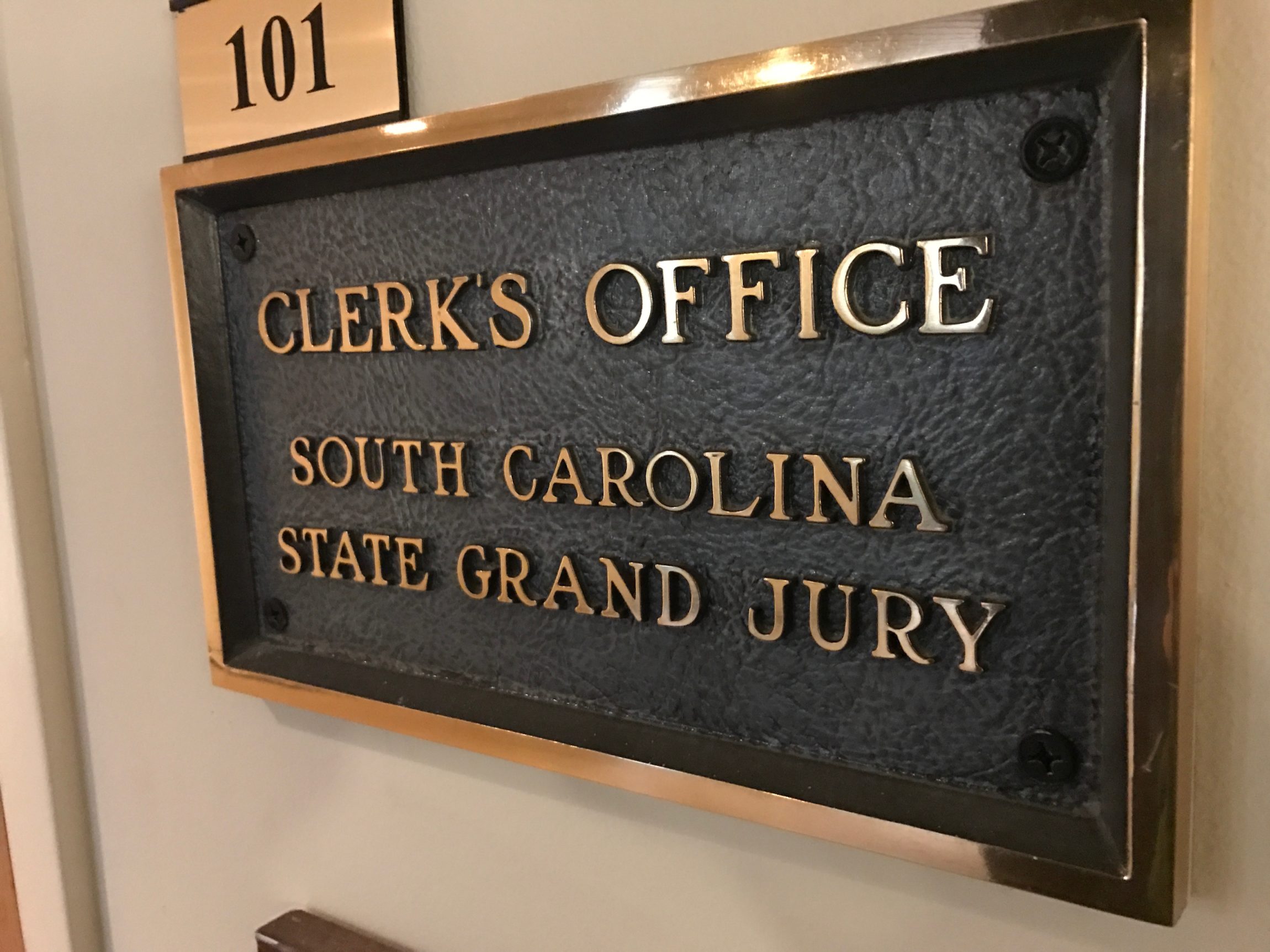#ProbeGate: Grand Jury Reconvening
INVESTIGATION ADVANCES South Carolina’s statewide grand jury will reconvene in August to contiYou must Subscribe or log in to read the rest of this content.
INVESTIGATION ADVANCES
South Carolina’s statewide grand jury will reconvene in August to conti
